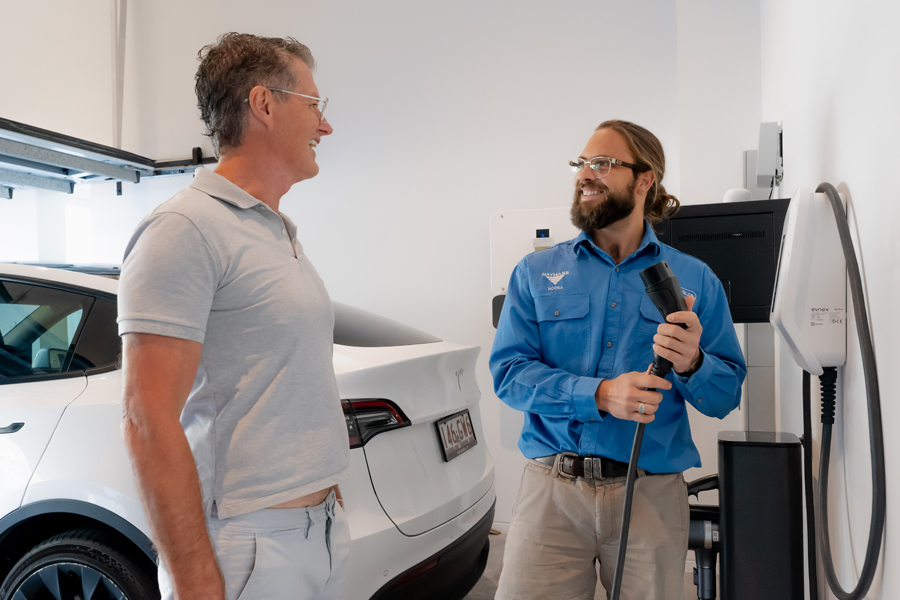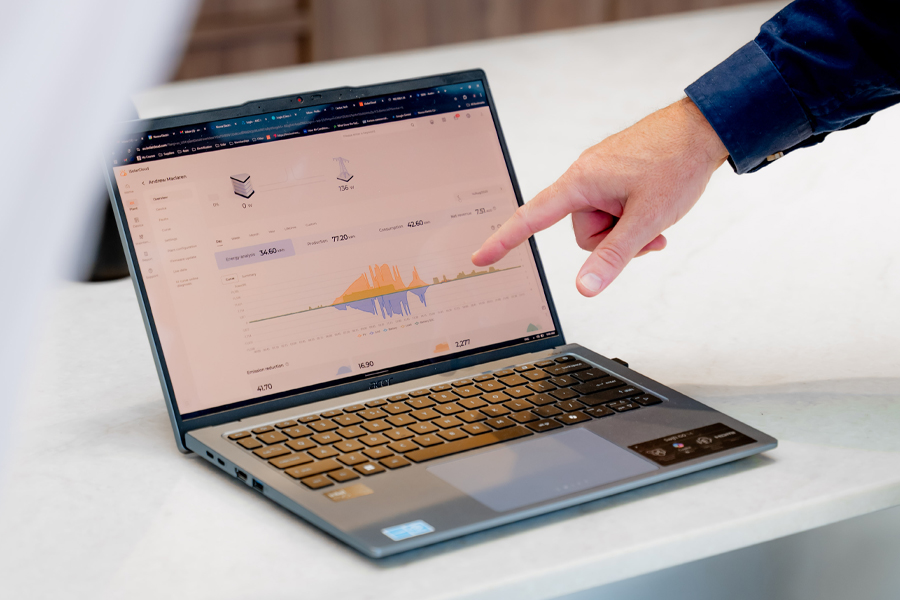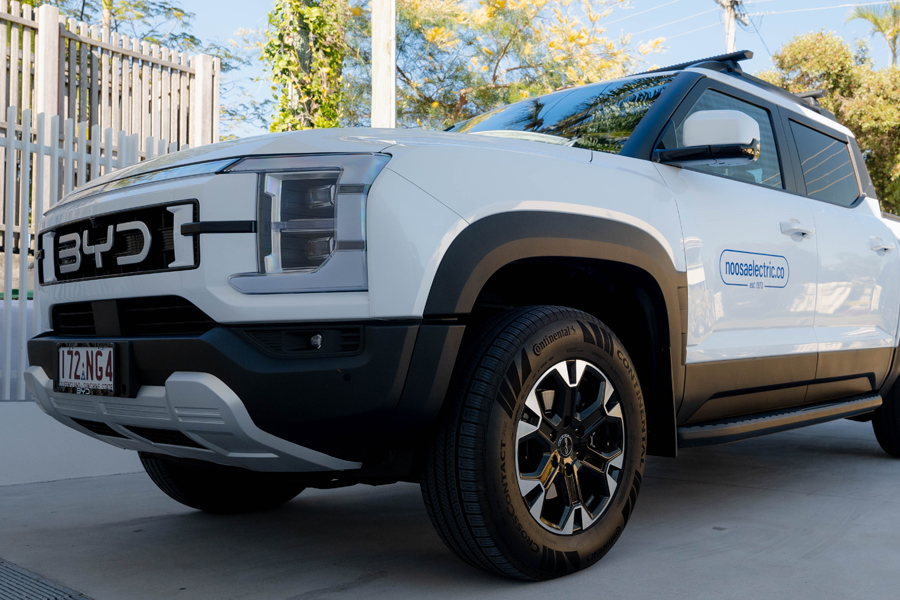
HOME BATTERY SUBSIDY
Interested in learning more about the home battery subsidy? We’re ready to support homes in our area of operations. Learn more about the subsidy here.
Electric Vehicles (EVs) are becoming a practical alternative to traditional petrol and diesel cars, and more Sunshine Coast homeowners are choosing to charge their vehicles at home. As with any new technology, there are different ways to set up EV charging – and the right choice depends on your home’s electrical system, usage, and safety requirements.
In this article, we break down the key EV home charging options, what to consider when choosing a charger, and how a licensed electrician can ensure safe, compliant installation for your home.
For expert advice or installation support, call Noosa Electric Co. today for fast, reliable service across the Sunshine Coast.
The Efficiency of EVs Vs ICEs
Electric vehicles operate energetically more efficiently than their internal combustion counterparts. “EVs convert over 77 per cent of the electrical energy from the grid to power at the wheels. Conventional gasoline vehicles only convert about 12 per cent – 30 per cent of the energy stored in gasoline to power at the wheels,” [SRC: https://www.energycouncil.com.au/analysis/evs-are-they-really-more-efficient/]
In addition to this greater efficiency, they don’t create emissions while being driven, and need substantially less maintenance than ICEs. However, the real benefits of EVs are achieved when they are powered by solar on the roof (rather than power from the grid). Power supplied by renewable energy enables vehicle operation without reliance on a fossil-fuelled power source.
Meeting the Demand of an EV
Adding an electric vehicle to your household will increase your electricity usage. To manage this demand and keep running costs down, it’s important to match your solar system to your long-term energy goals. That’s why we include tailored system design as part of our free solar consultation and quote.
Our solar solutions are modular, allowing you to expand your system in future as your household energy needs evolve. When paired with an EV, a well-designed solar system can significantly improve the return on your solar investment.

Smart and Dumb Charging
You can charge your EV at home using either a standard (“dumb”) charger or a smart charger. Both will recharge your vehicle, but they work very differently.
A standard charger simply draws power from your home’s supply. You plug in and charge – easy and reliable.
A smart charger, however, can monitor your solar production and household energy use. This allows the charger to prioritise excess solar energy, meaning your EV can charge using power you generate rather than electricity from the grid. For many homeowners, that means significantly lower running costs and the ability to charge using clean, renewable energy.
If you’re considering the best EV charging solution for your household, Noosa Electric Co. can help you assess your options and ensure a safe, compliant installation tailored to your energy goals.
Optimising EV Charging
If you’re interested in optimising your EV charging, Energex has compiled a list of helpful hints and tips which can you read about here.
The Shift to Smarter Homes
A home with an optimised solar solution is made up of many interrelated parts. Some of the components are more obvious than others. If you’re hoping to charge your electric vehicle using renewable energy, you need a solar configuration that is up to the task, and a smart EV charger to optimise your charging capability.

EV Charging Solutions
Talk to Noosa Electric Co. for a tailored EV charging solution for your home or business in Noosa and surrounding suburbs. We provide options to charge from the grid or directly from your solar system, with smart charging modes that help you maximise renewable energy use and reduce running costs.
Ensure your EV charges safely, efficiently, and sustainably – with guidance from the Sunshine Coast’s trusted local experts.
